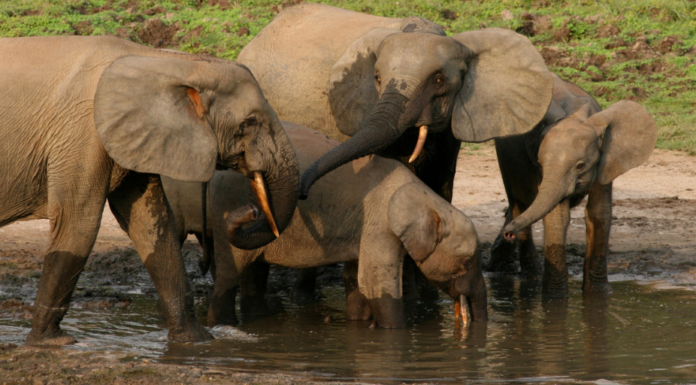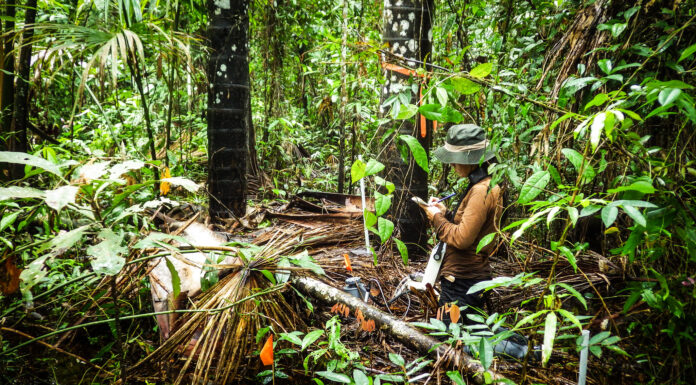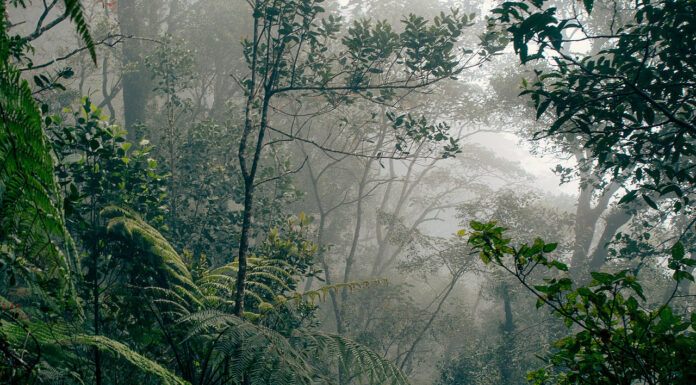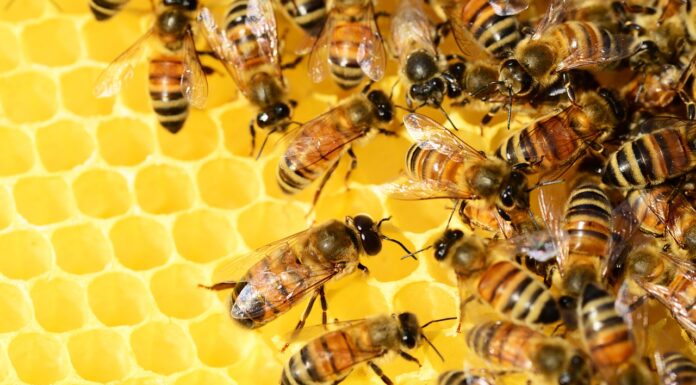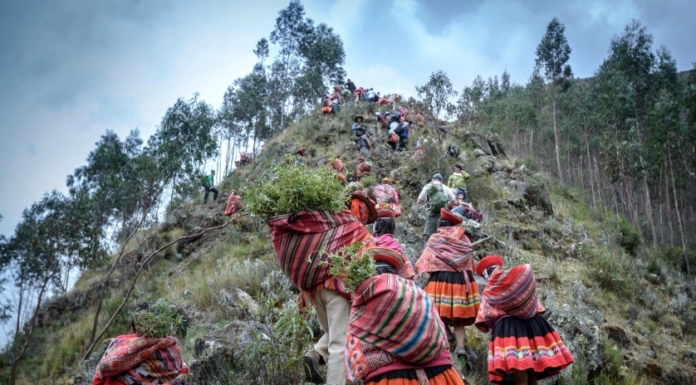Written by: Greg Asner
Humans are dismantling and disrupting natural ecosystems around the globe and changing Earth’s climate. Over the past 50 years, actions like farming, logging, hunting, development and global commerce have caused record losses of species on land and at...
Courtesy of Landscape News
Written by: Julie Mollins
Making forest and landscape restoration a reality is an enormous challenge, but researchers are confident that international ecosystem restoration targets can be met if the design of subnational and national programs is...
Written by: Kimberly White
A "first-of-its-kind" study from the University of Queensland and the Wildlife Conservation Society has found that protecting Indigenous Peoples' land is essential to combat global biodiversity loss.
Researchers overlaid habitat data for nearly 4,500 IUCN-assessed mammal species...
Written by: Tim Radford
There is one straightforward way to reduce greenhouse gases: by taking better care of the world’s natural forests.
European and US scientists think they may have settled a complex argument about how to restore a natural forest so that...
Written by: Kimberly White
Organizations across the U.S. have joined together in support of nature-based solutions. The World Economic Forum and American Forests have launched the U.S. chapter of 1t.org, an initiative to “conserve, restore, and grow” one trillion trees...
Written by: Kimberly White
Companies, government agencies, and NGOs across the United States have come together in a new initiative to combat plastic pollution- the U.S.Plastics Pact.
Led by The Recycling Partnership and the World Wildlife Fund, the national initiatives aims...
Written by: Elizabeth Alberts
Belize, a tiny Central American nation nestled beside the Caribbean Sea, is making giant strides in its ocean conservation efforts. In the short space of a month, the government made two big decisions to help protect...
Written by: Johnny Wood
The natural beauty of undersea corals seems far removed from the factory-like world of automated mass production. But an enterprising reef scientist is combining the two in an effort to regenerate the world’s reefs.
Although seemingly disparate,...
Written by: Barbara Smith and Mark Brown
Whether it’s exhaust fumes from cars or smoke from power plants, air pollution is an often invisible threat that is a leading cause of death worldwide. Breathing air laced with heavy metals, nitrogen oxides and...
Written by: Harry Kretchmer
On the misty slopes of the High Andes, villagers are at work planting trees.
Some have bundles of seedlings tied to their backs, others have babies. They have been doing this for 20 years. Small teams like...

